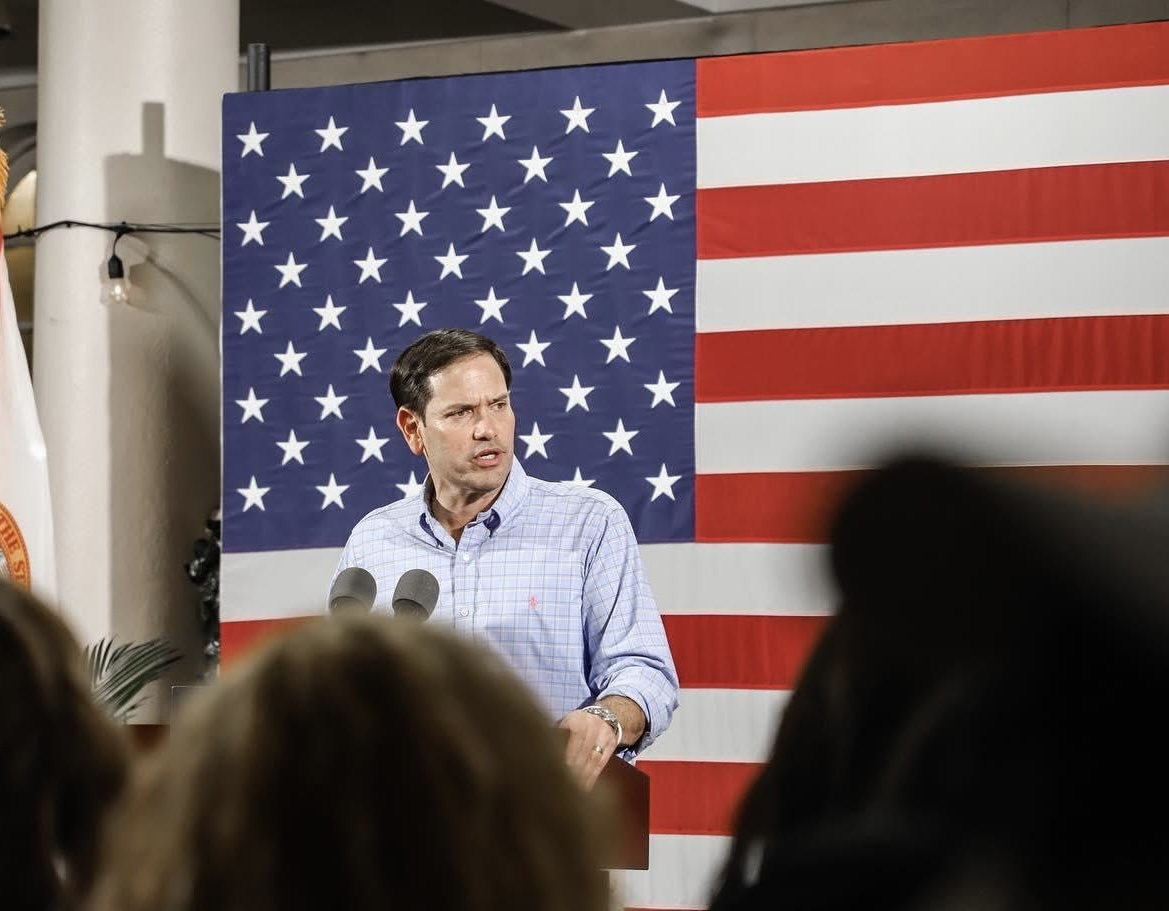U.S. imposes visa ban on Nepali officials over social media crackdown
CONNECTICUT– The United States has announced visa restrictions targeting Nepali government officials involved in the recent nationwide ban of major social media platforms. The move comes in response to Nepal’s decision to block access to Facebook, Instagram, YouTube, WhatsApp, and X (formerly Twitter), citing non-compliance with local registration laws.
U.S. Secretary of State Marco Rubio stated that the visa ban applies to foreign officials who “engage in flagrant censorship of speech protected under American standards.” The policy is designed to hold accountable those who restrict access to U.S.-based platforms or punish individuals for online expression.
Nepal’s government had issued a seven-day ultimatum for social media companies to register locally, following a Supreme Court directive. When most platforms failed to comply, the Nepal Telecommunications Authority enforced a sweeping shutdown, sparking public outcry and international concern.
Critics say the ban undermines freedom of expression and disrupts communication for millions of Nepalis, including diaspora communities. Human rights groups warn that the move could set a dangerous precedent for digital censorship in South Asia.
Sources indicate that Prime Minister KP Sharma Oli chaired the cabinet meeting that approved the social media ban. If confirmed, he may fall within the scope of the U.S. visa restriction policy, which targets high-level officials responsible for enforcing censorship. This could impact future diplomatic travel, including participation in global summits or United Nations events.
The U.S. has not released a list of banned individuals, but the policy is active, and visa applications from involved officials may be denied.
As tensions rise, many Nepali citizens and activists are calling for transparency, dialogue, and the restoration of digital access.

